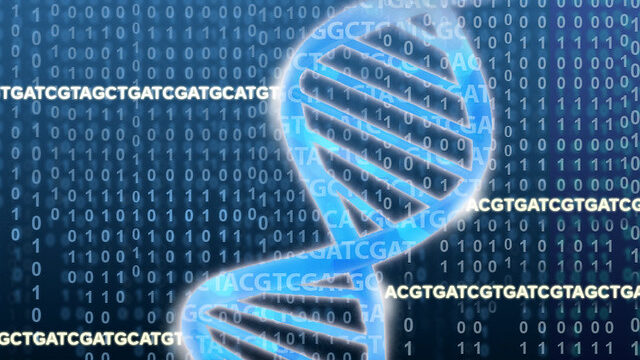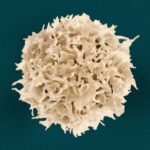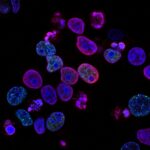“This web page was produced as an assignment for an undergraduate course at Davidson College.” About the author: John Ready Believe it or not, spiders weren’t always aerial web-building arachnids. Through a single-cell transcriptomics approach, Jin et al. investigates how the the nervous system of web-building spiders evolved, shedding light on the molecular basis of…
Time is Ticking! How DNA Methylation is Cell Specific and Has Connections with Aging
Time is Ticking! How DNA Methylation is Cell Specific and Has Connections with Aging Aging is a phenomenon that affects everyone, and DNA methylation analysis might give insight on the effects of aging. Roy et al. analyzed DNA methylation data to determine that DNA methylation patterns in immune cells are cell specific and related to…
Who Watches the Watchmen? New Insights into Regulatory T Cells
Transcriptomic analysis has shown that the transcription factor Ikaros is essential for regulatory T cell function. This web page was produced as an assignment for an undergraduate course at Davidson College. The immune system is the body’s defender from harmful microorganisms. The immune system must maintain a delicate balance between providing powerful responses to pathogens…
Elucidating the nature of cancer cell dynamics: A foray into single-cell multi-omics
Read more about the author of this post here. This web page was produced as an assignment for an undergraduate course at Davidson College. Recently, researchers at the Shenzhen Key Laboratory have worked to unveil the molecular basis of cancer cell heterogeneity. Their data reveal that copy number variations and epigenetic variation are responsible for…
How can a protein predict cancer prognosis?
A group of scientists in China combined their classic “wet lab” skills with bioinformatic power to understand how a protein involved in blood coagulation plays a key role in the development of stomach adenocarcinoma. About me: Sofia Doune Bosch This web page was produced as an assignment for an undergraduate course at Davidson College With…
Evolution in Genetic Technology: A New Future For Medicine
Written By: Porter Alston | poalston@davidson.edu This web page was produced as an assignment for an undergraduate course at Davidson College. Comparing the performance of traditional short-read DNA sequencing with long-read sequencing reveals significant differences in the abilities of these technologies to accurately sequence complex, medically relevant gene variants. The results show that long-reads produce…
Nobody Knows About the Nose
How the study of the human nasal microbiome can help reveal aspects of human variation and respiratory conditions. This web page was produced as an assignment for an undergraduate course at Davidson College. Since the turn of the 21st century, technology has been evolving exponentially, from self-driving cars to generative A.I. to I argue that…
Peek-A-Boo: “Hidden” Viruses in Protozoa Lead to Increased Illness Due to Evolutionary Advantages
Peek-A-Boo: “Hidden” Viruses in Protozoa Lead to Increased Illness Due to Evolutionary Advantages As humans increase travel and connections around the world, so does concern about the spread of diseases, especially ones that are known to fail to respond to treatments. Scientists use genome sequencing to gain a better understanding of the Leishmania RNA virus,…
Genetic Threads: Mapping the French Canadian Tapestry Through Space and Time
News and Views by: Gabe Jones (gajones@davidson.edu) Primary Article: Anderson-Trocméet al. 2023 Analyzing the nuanced genetic history of French Canadians, this research, employing an extensive spatial pedigree, reveals how historical events, geography, and migration have shaped their unique genetic landscape. By highlighting distinctive founder events this study forms the crucial link between family pedigrees, natural…
Unraveling the effect of the Black Death on the Genetic Diversity of Cambridgeshire
The Plague, also known as the Black Death, killed approximately 75-200 million Europeans, therefore it is not surprising that it is hypothesized that it had an effect on the genetic ancestry of people that lived after the Black Death. Surprisingly, no evidence was found to support this hypothesis! This web page was produced as an…




